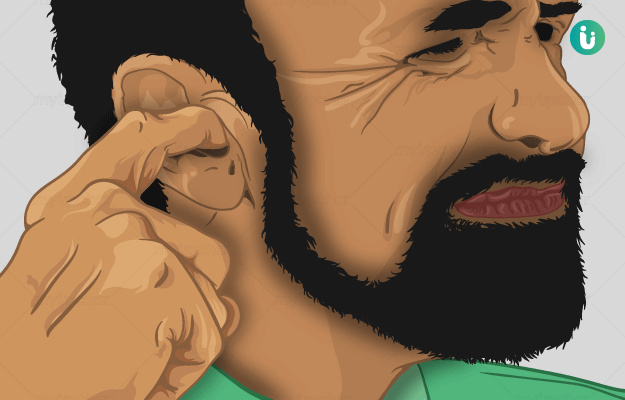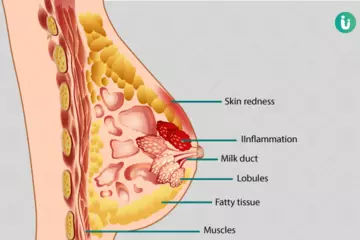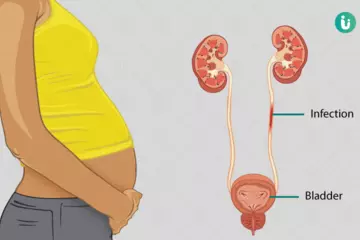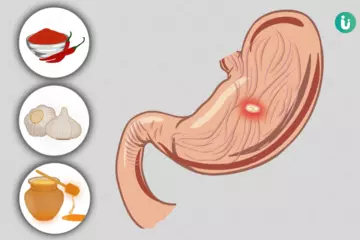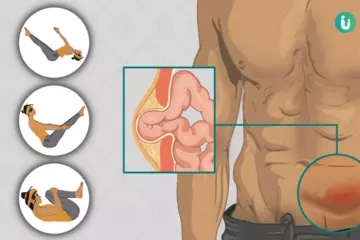What is an ear disease?
Ear disease can be any disorder with symptoms ranging from pain and discomfort in the ear to a complete hearing loss. Your ears have three parts – external, middle and internal, and the main functions of these parts are hearing and maintaining the balance of the body. Some common ear diseases are otitis (inflammation of ear), tinnitus (ringing in the ear), wax accumulation or blocked ear, Meniere’s disease (vertigo and tinnitus), otomycosis (fungal infection of ear), barotrauma (injury to ear due to change in air pressure), vestibular neuritis (inflammation of the vestibular nerve due to a viral infection), presbycusis (hearing loss due to aging) and cholesteatoma (abnormal growth in the ear).
What are its main signs and symptoms?
The signs and symptoms of an ear disease will vary according to the pathology and the part of the ear affected. The main common symptoms are as follows:
- Pain in the ear which may sometimes radiate to the head.
- Redness and swelling.
- Discharge from the ear.
- Dizziness and loss of balance.
- Ringing or buzzing sound in the ear.
- Loss of hearing.
- Nausea and vomiting.
What are the main causes?
The main causes for the various ear diseases are as follows:
- Bacterial, fungal or viral infections.
- Ear injury due to sudden changes in the air and water pressure.
- Movement of calcium crystals in inner ear resulting in a loss of balance.
- Loss of hearing due to continuous exposure to loud sounds, weakening of the eardrum due to age or some cancerous growth.
- Certain medications can cause ringing in the ears.
How is it diagnosed and treated?
Most of the signs and symptoms of ear diseases are common and to get the exact diagnosis for your condition, it is necessary that you seek advice from your ENT (Ear, nose and throat) specialist. The following diagnostic tests are carried out:
- Ear examination using a pneumatic otoscope.
- Testing of the ear discharge.
- Acoustic reflectometry - detecting middle ear effusion using certain sound frequencies.
- Tympanometry - assessing the condition of the middle ear and eardrum using different air pressures.
- Tuning fork test.
- Audiometric test.- test to assess the hearing ability.
- Tissue biopsy
Once you have a correct and timely diagnosis of the ear disease, your ENT specialist will chalk out a treatment regimen for you. Treatment ranges from simple medication to surgery in some cases. These are the common treatment options available:
- Earwax removal
Removal of ear blockage using suction. - Medication
Ear drops containing antibacterial or oral antibiotics to cure infections. Analgesics to control pain. Anti-emetics for managing nausea and vomiting. - Hearing aids
Use of hearing aid to manage hearing loss. - Surgery
Surgery to remove the cancerous growth. - Cochlear implant
Use of a cochlear implant to treat severe hearing loss. - Exercises
Repositioning exercises to treat vertigo.
Chewing a gum or yawning as simple techniques for relief from barotrauma.
Some simple preventive measures like drying of the ear after bath or swimming can protect you from infections and pain in the ear. Turning down loud sounds or putting on protective plugs can save you from hearing loss. Please note that instead of trying any household remedies, it is best to consult your doctor and seek advice for any concerning symptoms.

 Doctors for Ear Disease
Doctors for Ear Disease  OTC Medicines for Ear Disease
OTC Medicines for Ear Disease

